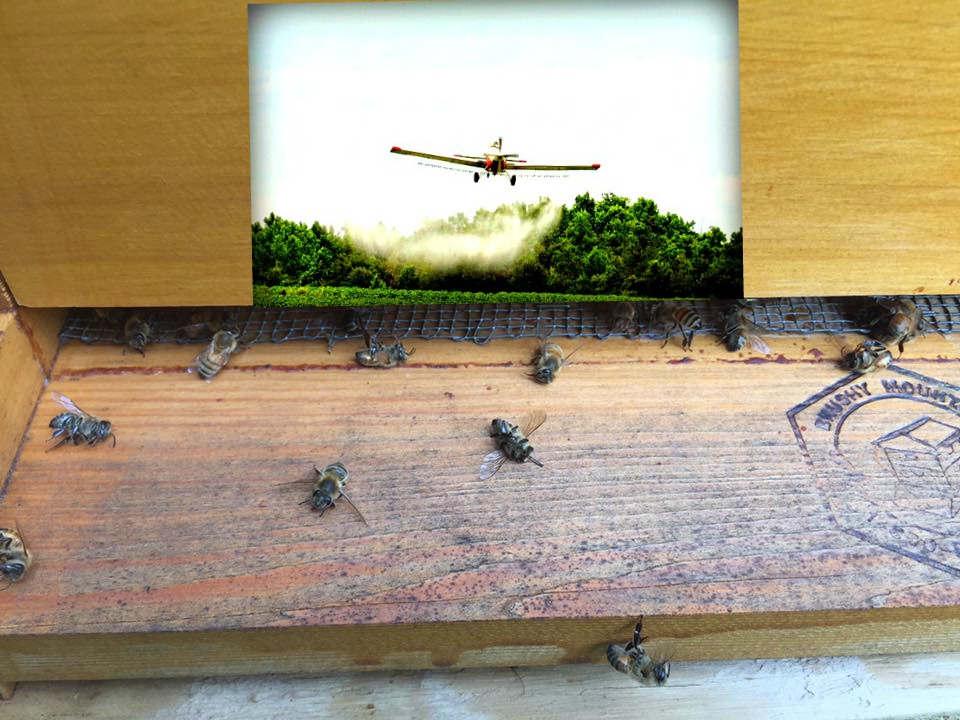Because one million dead bees aren’t enough, Charleston County Mosquito Control is planning to begin aerial spraying again. Beginning on Sept 7th and running through Sept 12th, the county will be tackling their standing water issue.
But, because this story made the national news and has sparked a ton of outrage, the county had to update their Facebook page a couple of times to let people know when the spraying would happen and try and explain to them what was going on. Here is what they had to say:
__________________________
UPDATE: We have updated this post to address some questions we have been receiving about our aerial spraying. Please see the information below.Charleston County’s Mosquito Control has been aerially spraying for several years. Prior to spraying, the public is notified via email. Also, the office works with local beekeepers to notify them of upcoming spraying. We currently have 90 bee keepers in our system. They are separated by area and are notified if their area is being treated. All aerial spray missions have at least a 24-hour notification. Our Mosquito Control representatives also work on public education and have given presentations to Bee Keeper groups in an effort to stress the importance of providing their information so it can be added to our records. We also add the information to our truck spraying maps in order to avoid spraying those areas as well.
Our Mosquito Control uses Trumpet for most aerial adulticiding. Fyfanon is used when spraying in the McClellanville/Awendaw area. Trumpet has the active ingredient of Naled. Trumpet is different because it is a water based product, not an oil. For safety information on Naled, please visit the Environmental Protection Agency website here:https://www.epa.gov/
For more information on our Mosquito Control operations, visit our website at http://
Perhaps because of all the scare mongering done about Zika, people aren’t thinking. However, I have to believe if they understood just what NALED was, whether oil or water based, they might feel differently. So, here it is, the description of NALED provided by the Pesticide Management Education Programme from Cornell University:
“Naled is moderately to highly toxic by ingestion, inhalation and dermal adsorption. Vapors or fumes of naled are corrosive to the mucous membranes lining the mouth, throat and lungs, and inhalation may cause severe irritation. A sensation of tightness in the chest and coughing are commonly experienced after inhalation. As with all organophosphates, naled is readily absorbed through the skin. Skin which has come in contact with this material should be washed immediately with soap and water and all contaminated clothing should be removed. Persons with respiratory ailments, recent exposure to cholinesterase inhibitors, impaired cholinesterase production, or with liver malfunction may be at increased risk from exposure to naled. High environmental temperatures or exposure of naled to visible or UV light may enhance its toxicity.”
Sounds tasty. I bet the bees and everyone else in South Carolina can’t wait for their next dose.
Source: Natural Blaze












